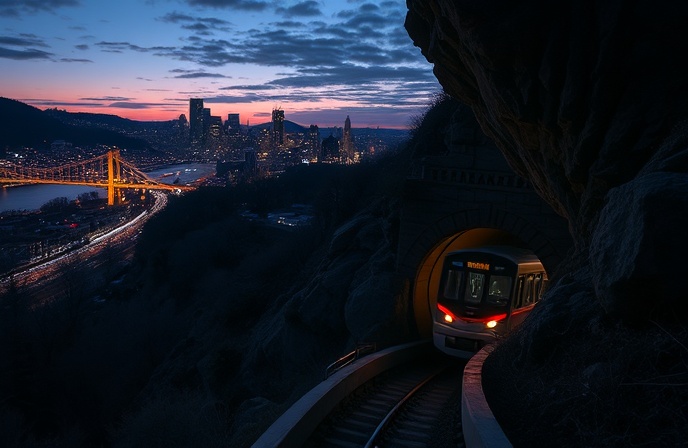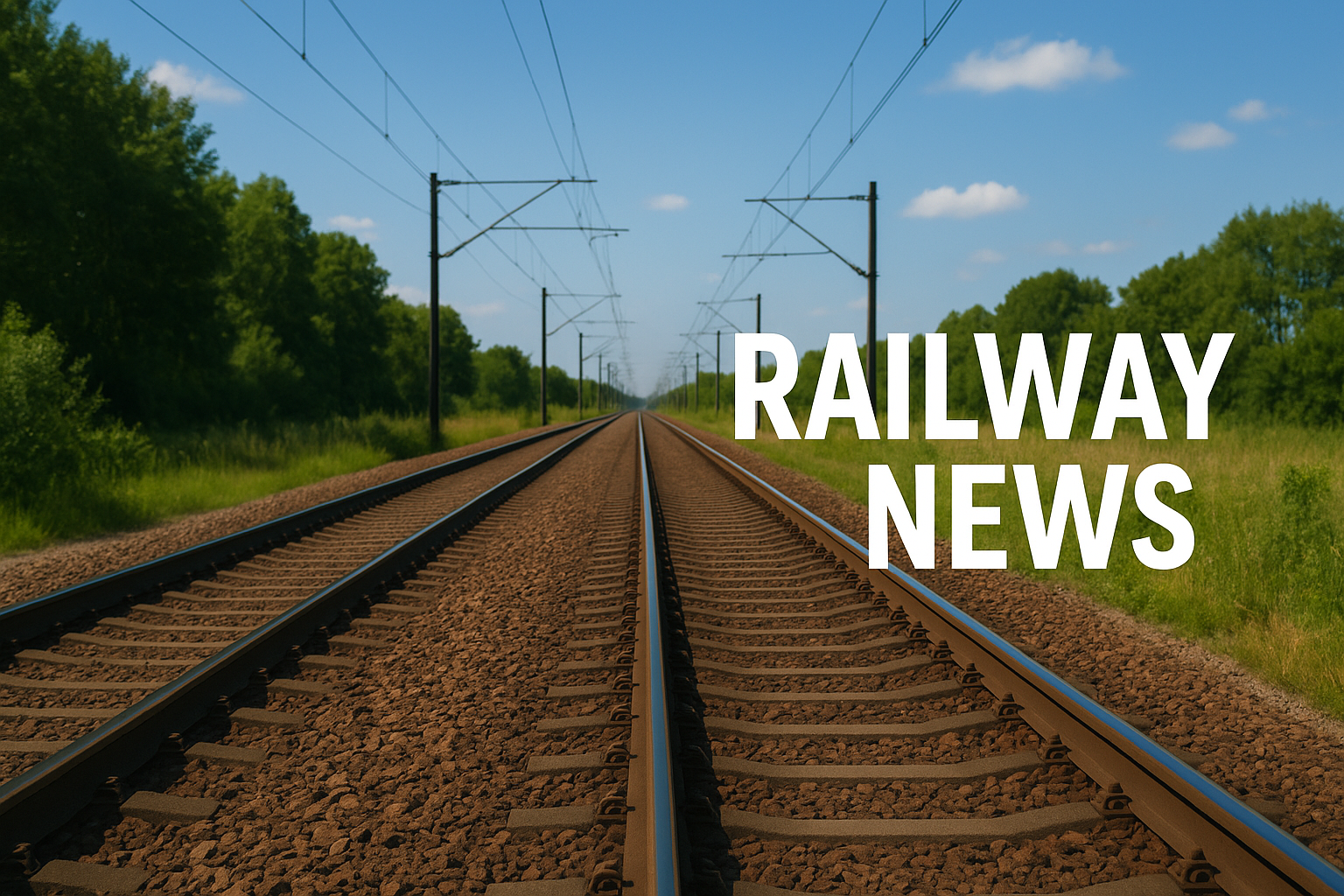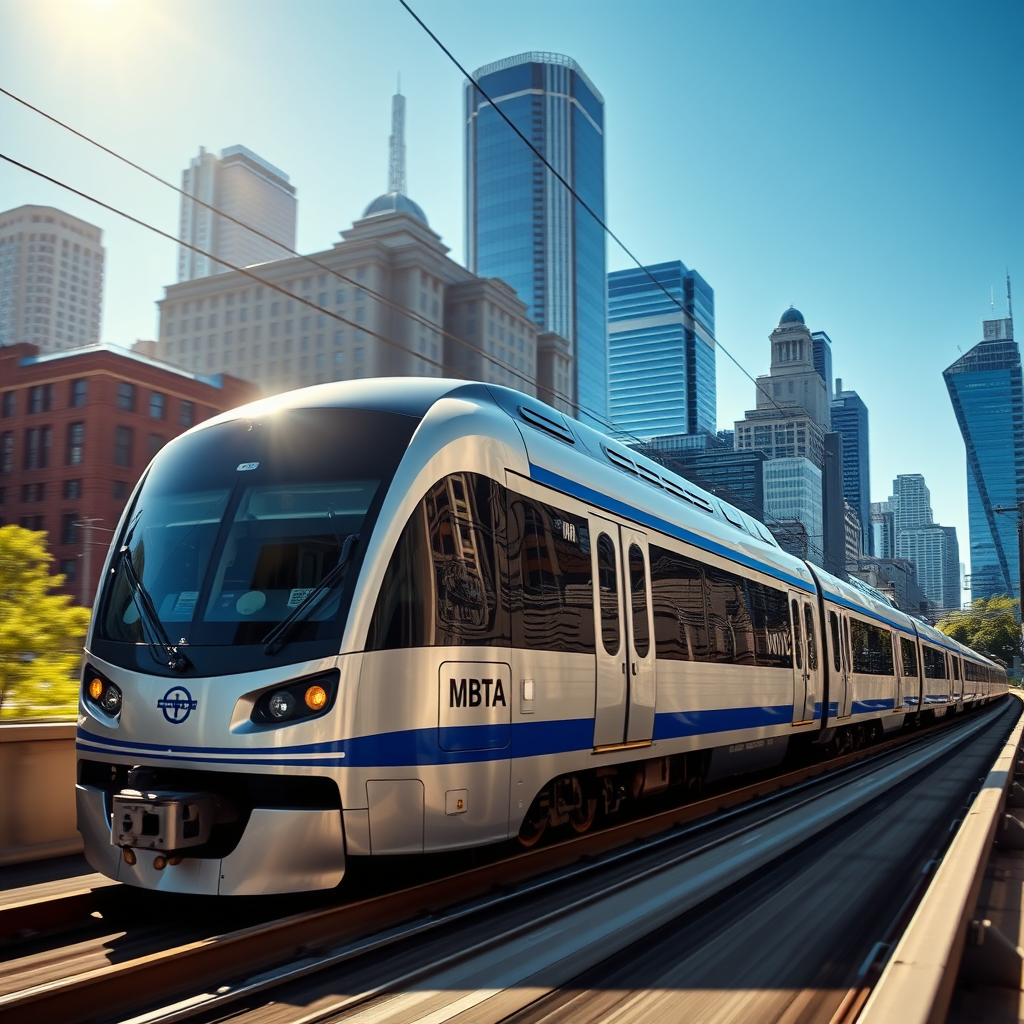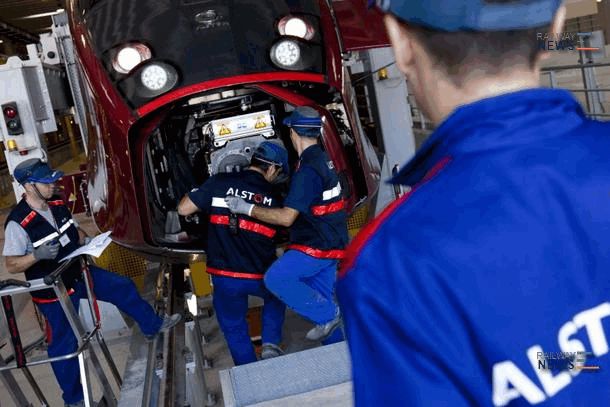PRT: Mt. Washington Tunnel Reopening Delayed; Impacts Pittsburgh Transit
Pittsburgh’s Mt. Washington Transit Tunnel, a crucial railway artery, reopens by year-end after infrastructure upgrades. Delays impact light-rail, impacting commuter services.

Pittsburgh Regional Transit (PRT) anticipates the reopening of the vital Mt. Washington Transit Tunnel by the close of 2024, following extensive track replacement and infrastructure upgrades that have caused a significant delay from its original October 31st completion target. The tunnel’s extended closure has necessitated rerouting of key light-rail lines and continues to impact commuter services between the South Hills and downtown Pittsburgh.
| Key Entity | Pittsburgh Regional Transit (PRT) |
|---|---|
| Core Action | Reopening of Mt. Washington Transit Tunnel |
| Date/Timeline | Expected by end of 2024 (delayed from Oct. 31) |
| Critical Detail | Design issue required track relocation, causing delay. Tunnel is unique in the US for shared light rail and bus use. |
Project Delays and Rationale
The closure, which began in February, was initiated for critical track replacement and comprehensive infrastructure upgrades. While initially slated for completion by October 31, unforeseen design complications necessitated the relocation of a section of track, pushing the reopening timeline. Pittsburgh Regional Transit has stated that following the completion of construction, rigorous track testing and employee training will be conducted to ensure safe and efficient resumption of service.
Operational Impact and Connectivity
The Mt. Washington Transit Tunnel serves as a crucial transit artery, directly connecting South Hills Junction and Station Square Station. Its unique status as the only tunnel in the United States shared by both light-rail trains and buses underscores its importance to the regional transit network. During the closure, the Red, Blue, and Silver light-rail lines have been rerouted via Allentown through Warrington and Arlington Avenues. Additionally, a temporary line continues to operate between Station Square and Allegheny Station to maintain essential connectivity.
Strategic Importance for Regional Mobility
This infrastructure project, while experiencing delays, is fundamental to the long-term reliability and modernization of Pittsburgh’s public transportation system. The tunnel’s dual-use nature presents unique engineering challenges and operational considerations. Its successful reopening will not only restore vital transit links but also ensure the continued viability of integrated light rail and bus operations, a model that other urban areas could potentially adopt or learn from.
Industry Context
For transit authorities and infrastructure developers globally, the Mt. Washington Transit Tunnel project highlights the complexities inherent in maintaining and upgrading aging, multi-modal urban transit infrastructure.
CEO’s of railway and transit organizations should monitor this situation for insights into project management, contingency planning for design flaws, and the public communication strategies required to manage extended service disruptions. The successful completion of such intricate projects is vital for fostering confidence in public transit’s ability to deliver reliable and efficient services amidst evolving urban demands.




